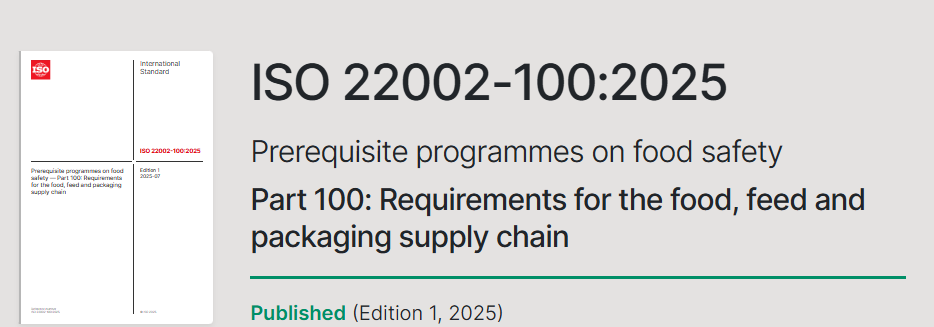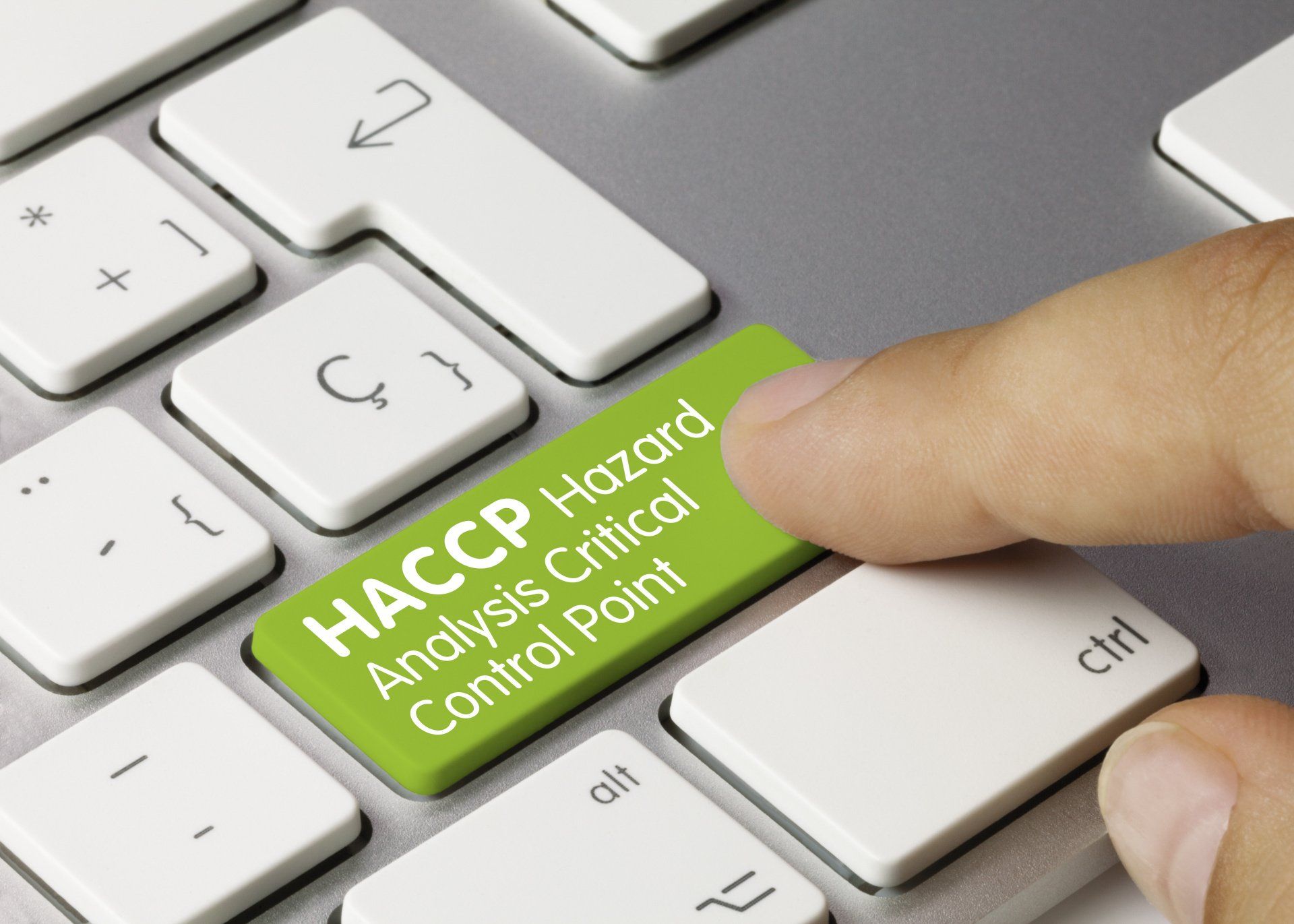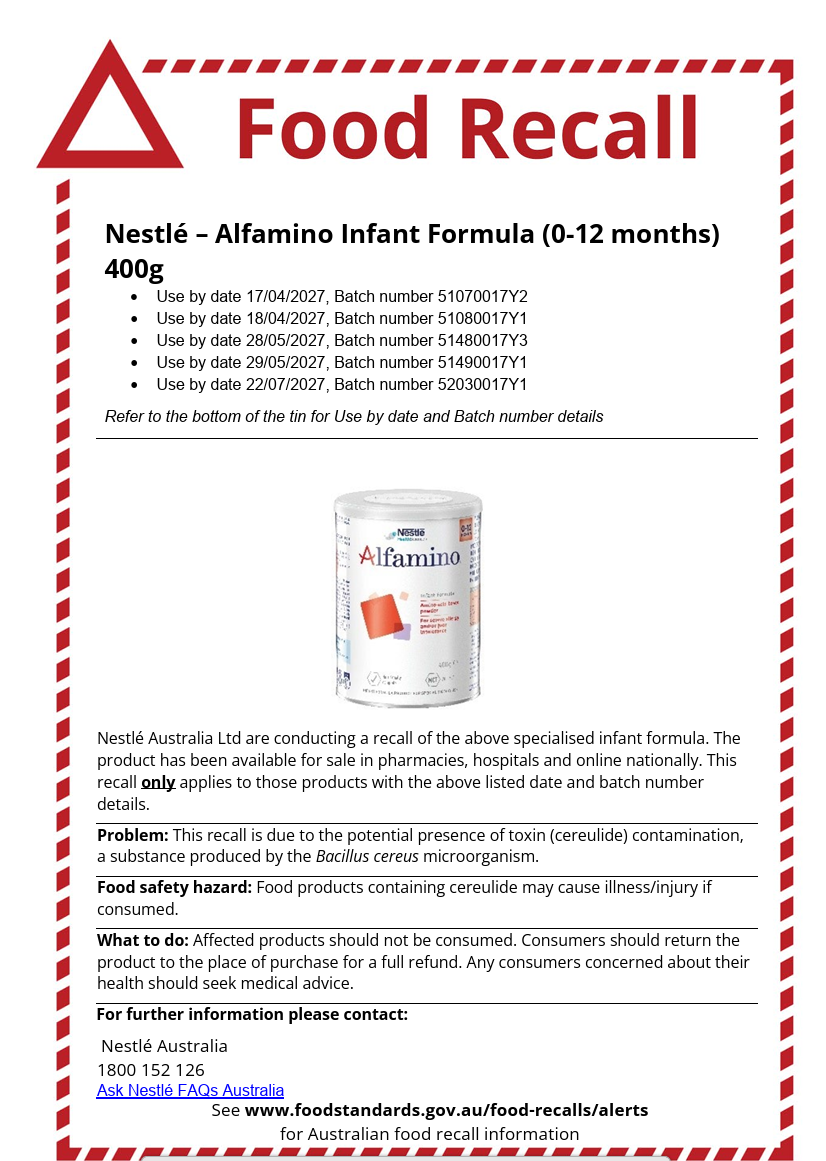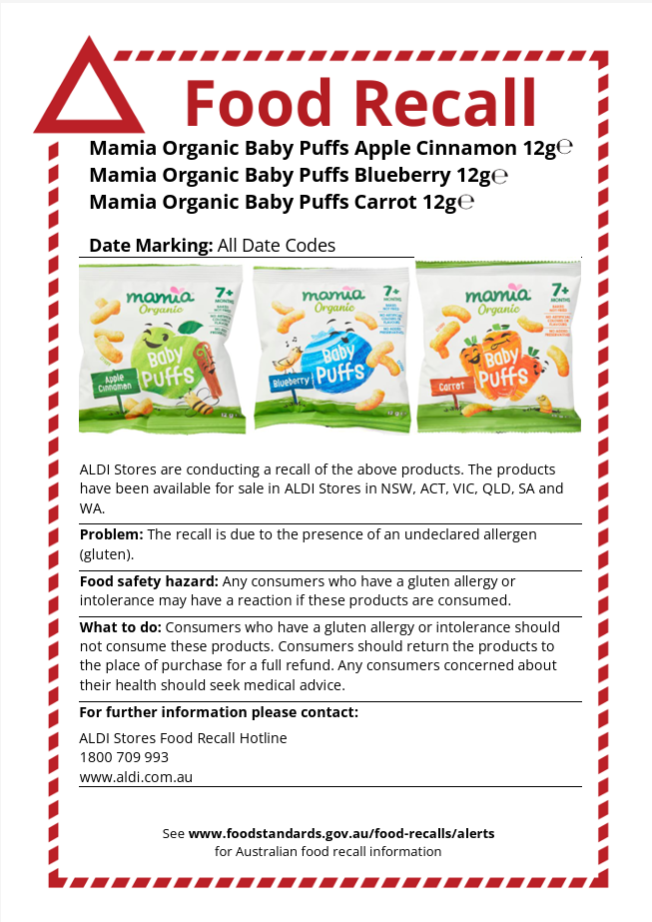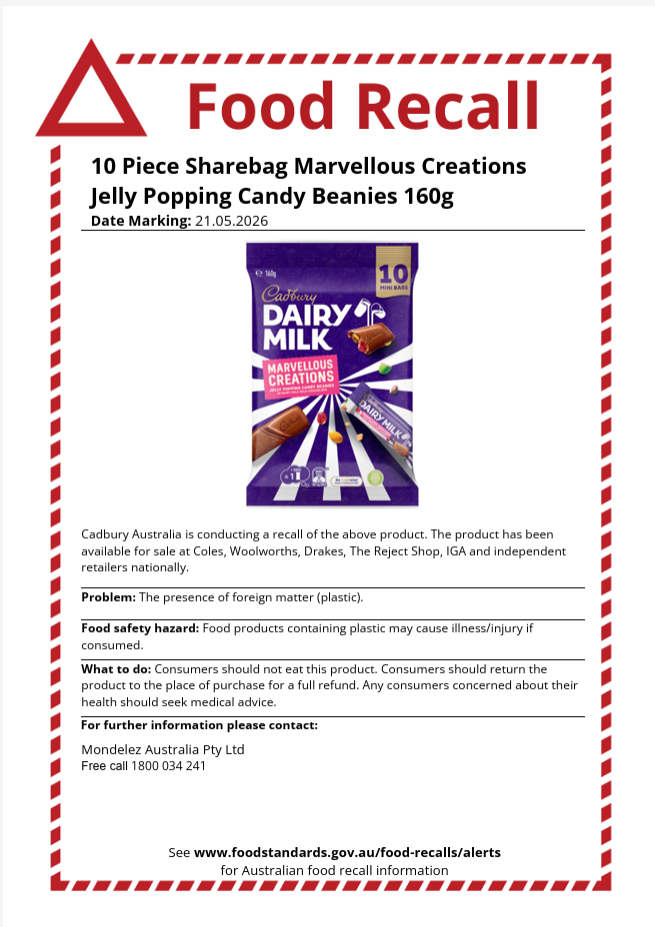Using an HACCP Internal Auditor to Make Crucial Improvements
In commercial food operations, food safety and sanitation are of paramount importance, and engaging an Food Safety or HACCP Consultant can ensure you're doing everything necessary to conform to accepted best practices. Whether you will soon face a more stringent external audit or you want to seek certification to open more doors for your product, we can assist you with developing your system and fast track your success.
The Benefits of Using an Food Safety Consultant or HACCP Consultant Such as Pinnacle Management Systems
Why is an outside point of view a good idea? We can provide:
- Access to almost two decades of experience and expertise in food safety consulting, training and auditing, a clear and concise consulting process.. we use your knowledge and experience in your product and business and match our technical expertise in Food Safety to develop a system that is customised and works for your business.
- Implementing a Food Safety Plan compliant with HACCP can reduce your recall insurance premiums significantly and open up trade with large manufacturers, retailers and prevent costly recalls and damage to your brand.
- We are invested in your success and ensure safe products, and trustworthy environment for food handling at every level.
- We are experienced at auditing and implementing HACCP and other Food Safety standards (ISO 22000, FSSC, SQF, BRC, HACCP, HARPS, Freshcare, ABWI, WQA) and audit requirements by many major businesses, including Woolworths, Coles, Coca Cola, McDonalds, Spotless, Cravable Brands, Costco, Aldi, and Tesco. requirements allows us to provide actionable suggestions for vendors hoping to forge a partnership as a supplier for these businesses.
What You Can Expect From Us as Your HACCP/Food Safety Consultant
To ensure you can produce safe products and services, and comply with food safety standards , we assist by helping you to;
- Develop a functional and easy to use Food Safety and HACCP Plan
- Conduct Hazard Analysis and systems for monitoring Critical Control Points (CCPs)
- Inspect your food processing premises or work practices to provide you with advice to ensure safety and hygienic production of food or delivery of services
- Assist with troubleshooting and investigation of system deficiencies, resulting in high numbers of customer complaints, non-conformances or incidents such as recalls
- Review product labels to ensure compliance with the Food Standard Code labelling rules
- Assist with shelf life validation
- Training for management and employee
- We have a full range of food safety templates and HACCP templates for those business who would like to implement a system yourselves, we are always here to support your through all stages of your food safety system development
About Pinnacle Management Systems
With 17 years in our industry, we have a firm base of experience from which to help clients as r. Our focus remains on simple, understandable systems which are easy for the entire workforce to use. Together, we can lay the groundwork for consistency and quality in everything your business produces. Contact us below to get started.

